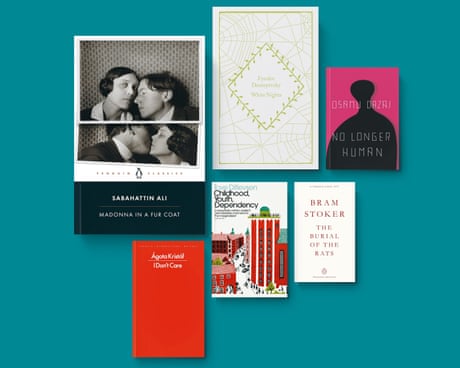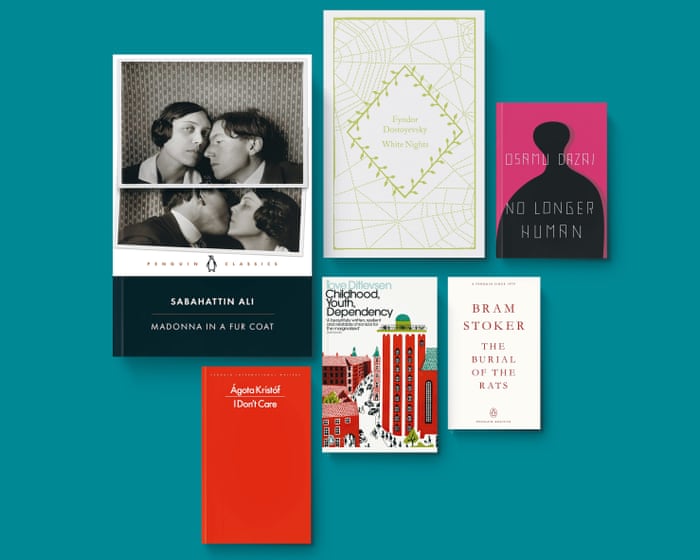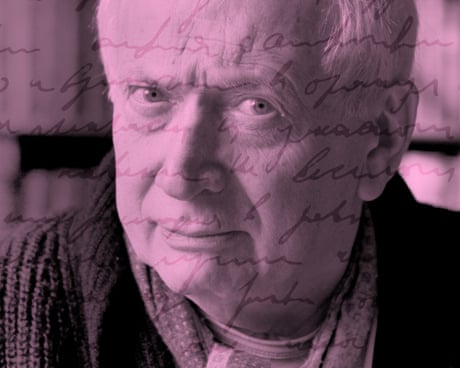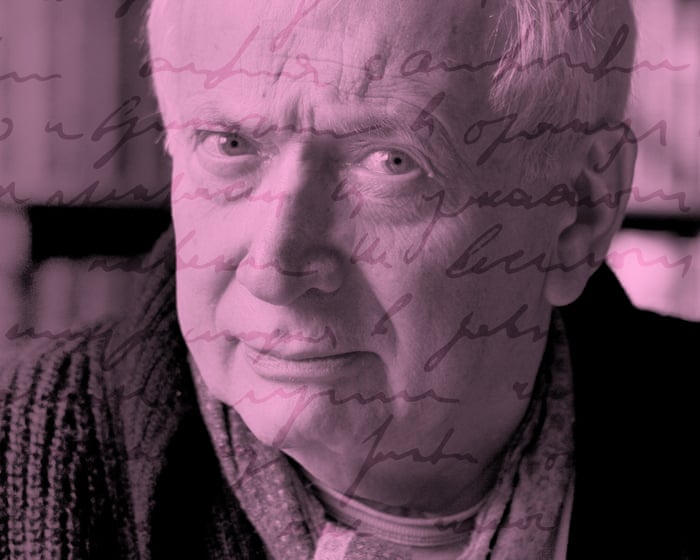Queen Esther by John Irving review – a disappointing companion to The Cider House Rules
The once-great author revisits St Cloud’s orphanage all too briefly, in a novel that begins with an adopted girl but wanders all over the place
If some writers have an imperial phase, where they hit the heights time after time, then American novelist John Irving’s ran through a series of four fat, satisfying novels, from his 1978 breakthrough The World According to Garp to 1989’s A Prayer for Owen Meany. Those were generous, funny, big-hearted books, tying characters he calls “outliers” to social issues from feminism to abortion.
Since Owen Meany, it’s been diminishing returns, except in page length. His last novel, 2022’s The Last Chairlift, was 900 pages of subjects Irving had explored better in earlier books (mutism, dwarfism, transgenderism), with a 200-page screenplay in the middle to pad it out – as if padding were needed.
Continue reading...
© Photograph: Christopher Wahl
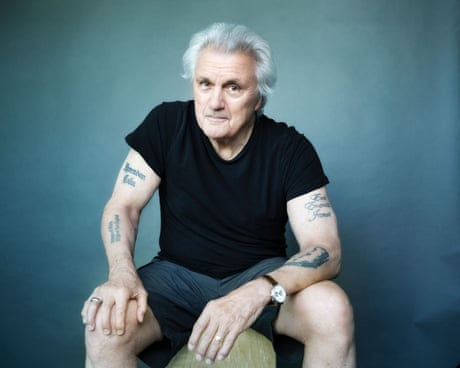
© Photograph: Christopher Wahl
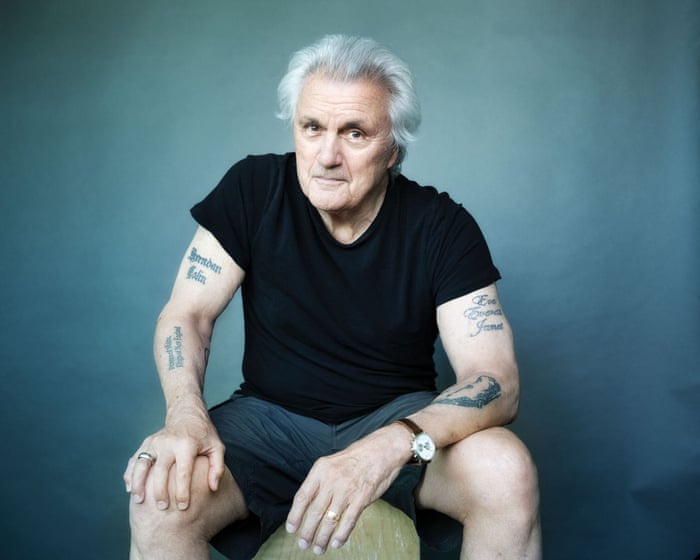
© Photograph: Christopher Wahl

